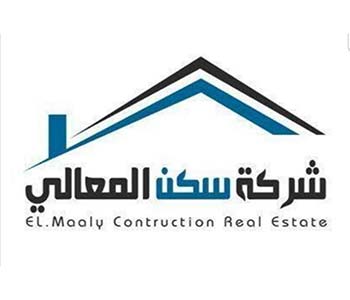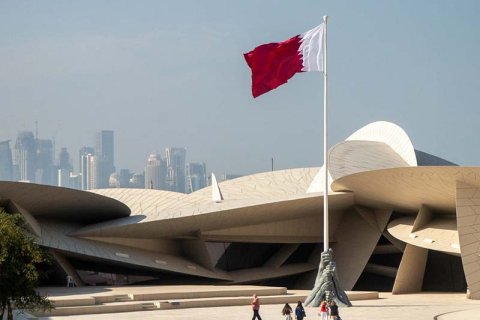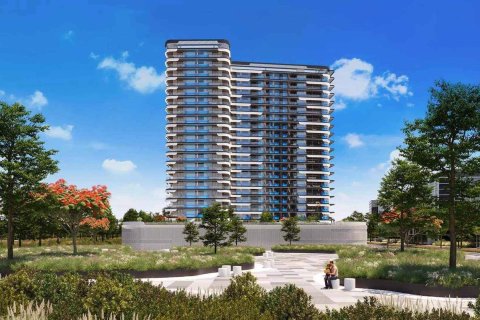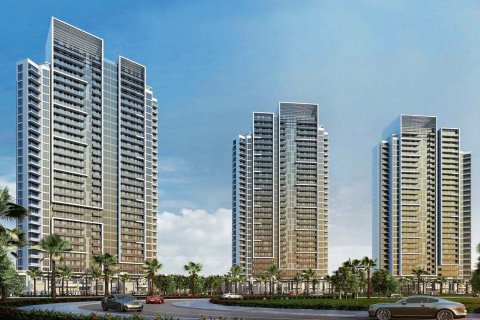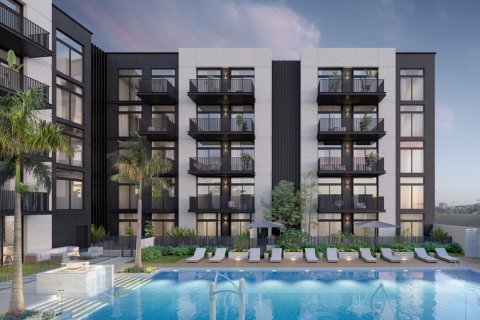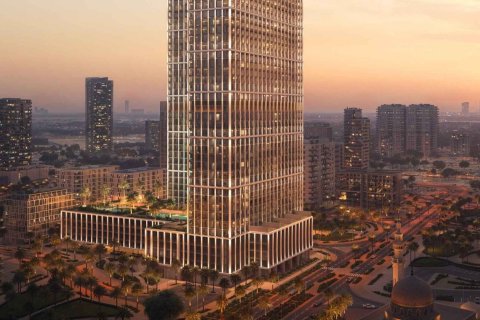
Foreigners must move to Saudi Arabia legally to enjoy the Kingdom's full benefits, including advanced infrastructure, high-quality healthcare and excellent education. You can apply for a residence permit based on investment, employment, family ties and education. We will delve into the conditions for obtaining a residence permit in Saudi Arabia for different categories of foreign nationals and examine the specifics of various programs.
Content
Who can obtain a residence permit in Saudi Arabia
Several categories, including investors, entrepreneurs and professionals over 21, can apply for a residency permit for Saudi Arabia. However, student visas are issued from the age of 17. Investors and entrepreneurs willing to invest in the economy have a high chance of approval. Professionals in medical, engineering, and information technology can also apply, mainly if their skills are in high demand. Family members of applicants, including spouses and children, can receive documents alongside the primary applicant.
There are four main types of residence permits in Saudi Arabia:
- Temporary residency (SP2) is issued for 1 year and can be renewed or converted to permanent residency upon payment of the required fee;
- Permanent residency (SP1) is an indefinite permit initially issued for 10 years and renewable thereafter;
- Premium residency is available for investments starting at USD 1 million;
- A work visa (Iqama) is the most economical option for legal residency. It is issued for 1 year during the employment contract, provided the employee maintains their position and meets all program conditions.
The residence permit for property investment in Saudi Arabia is only available under the premium residency program.
Read more
Temporary investment residency
An investor residence permit in Saudi Arabia through the SP2 program requires an investment of SAR 100,000 (approximately USD 27,000). This non-refundable fee aims to stimulate economic development. The permit can be extended annually upon repayment of this amount.
Work visa (Iqama)
The Iqama work visa is directly linked to a local sponsor, typically an employer. To obtain an Iqama, a foreign employee must:
- Sign a contract with a local company and have it certified by the Ministry of Foreign Affairs (MOFA) and the Chamber of Commerce;
- Obtain a sponsor letter in the prescribed format, certified by MOFA and the Chamber of Commerce;
- Provide educational diplomas and any professional certificates to the Kingdom's Cultural Mission;
- Submit a police clearance certificate from their home country;
- Undergo a medical examination at approved medical centres;
- Apply online;
- Attach necessary documents, including a copy of your passport and visa entry information.
The processing time for a work visa application is about 3 months, and the outcome depends on the applicant and the sponsor company's reputation.
Lifetime residency in Saudi Arabia
Permanent residence in Saudi Arabia can be obtained with a one-time, non-refundable investment of USD 213,000 (SAR 800,000) in the country’s economy. A residence permit in Saudi Arabia for investment is initially issued for 10 years and can be renewed if all programme conditions are met.
Premium residency
Foreigners can buy property in Saudi Arabia and get residence permit. Purchasing property worth at least SAR 4 million (approximately USD 1.1 million) qualifies for premium residency. The property in Saudi Arabia with a residence permit must be fully constructed and ready for occupancy, not under mortgage, and accredited Saudi appraisers must confirm its value. A residence permit in Saudi Arabia by property investment remains valid as long as the owner retains the property.
Cost of residence permit in Saudi Arabia
The cost of a Saudi residence permit depends on the specific program. The main expenses include the annual residence permit fee of approximately SAR 650 (approximately USD 175) for a work visa, typically covered by the employer. Investment residency can cost USD 27,000 annually or a one-time payment of USD 213,000. Obtaining a residence permit in Saudi Arabia by buying property requires USD 1.1 million and additional costs.
Medical examinations, translations, and certification of documents such as diplomas, marriage certificates, and birth certificates can cost USD 100 to USD 300.
Advantages of a Saudi Arabian residence permit
Saudi Arabia, one of the largest countries on the Arabian Peninsula, boasts a developed economy and a stable currency, the Saudi Riyal. Foreign nationals with a residence permit can enjoy numerous benefits:
- Engage in economic activities, including employment and business establishment, and acquire residential and commercial properties in Saudi Arabia;
- No minimum residency requirement for permit holders and their families;
- Invite relatives, guests, and foreign workers, with the possibility of obtaining the necessary permits and visas.
The Kingdom’s tax regime is appealing, as it imposes no personal income or inheritance tax on real estate. Saudi Arabia has agreements in place to avoid double taxation with numerous countries. The banking system is internationally recognised, enabling residents to engage in global activities, which is particularly advantageous for business interests in the US and EU markets.
Choosing property in Saudi Arabia
Residence permit application process in Saudi Arabia
The process starts with choosing the right programme. For a work visa, a job offer from a Saudi employer is necessary, along with meeting qualification requirements. Investment visas necessitate substantial financial contributions to the economy and the acquisition of relevant licenses from Saudi authorities. After selecting the category, foreign nationals must apply for a residence permit in Saudi Arabia and submit all necessary documents through the electronic system or a consulate.
Once submitted, the application is reviewed to ensure the applicant meets all criteria. Upon approval, the applicant receives a temporary residence permit, which can later be extended or converted to permanent status, offering more rights and opportunities for living and working.
Documents for obtaining a residence permit in Saudi Arabia
To legalise residency, only certified documents translated into Arabic are accepted, including:
- A valid passport from the country of origin;
- A police clearance certificate;
- A medical report confirming the absence of dangerous diseases;
- Financial documentation, including a bank statement or proof of asset ownership in and outside the Kingdom;
- Proof of residence in the Kingdom, such as a rental agreement of an apartment in Saudi Arabia.












